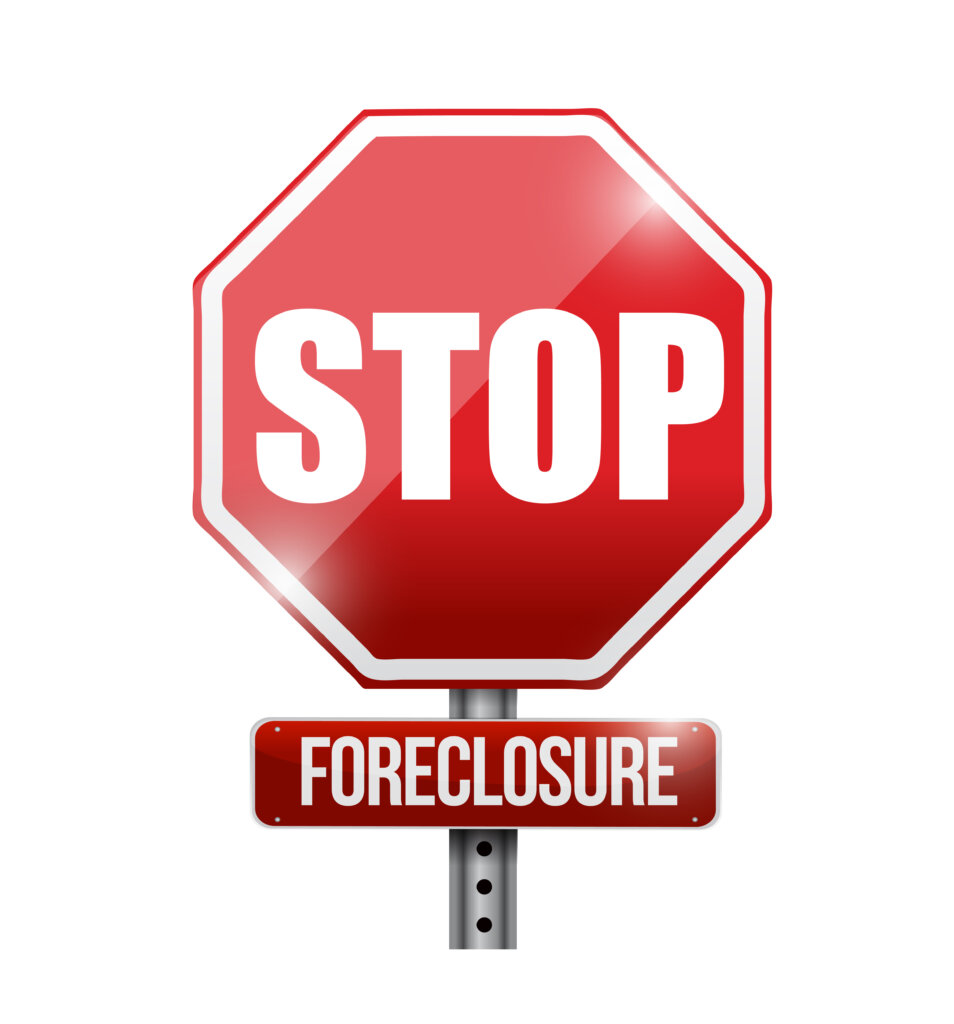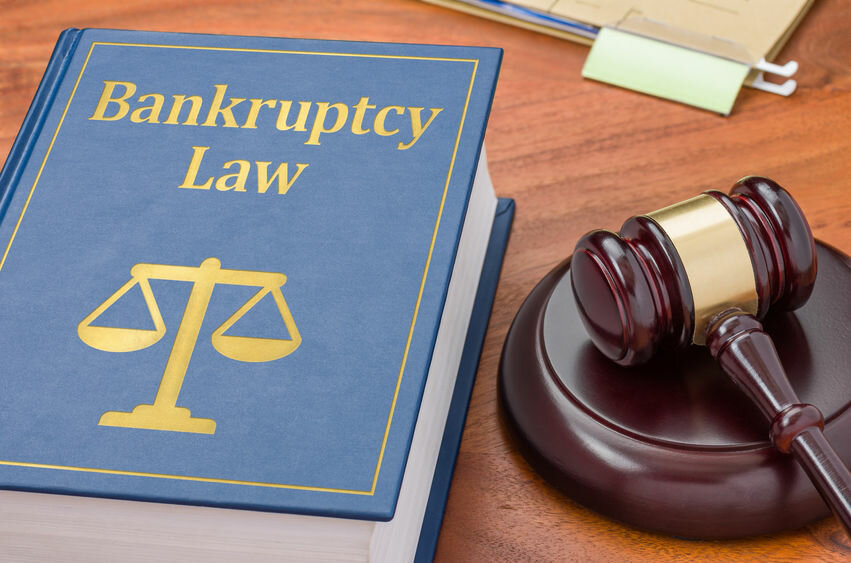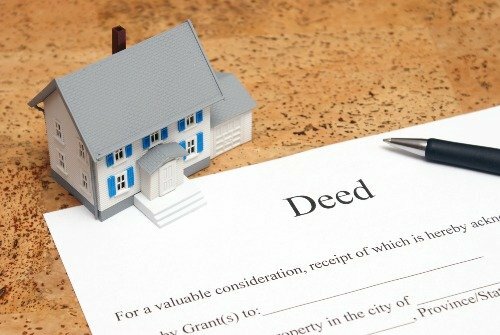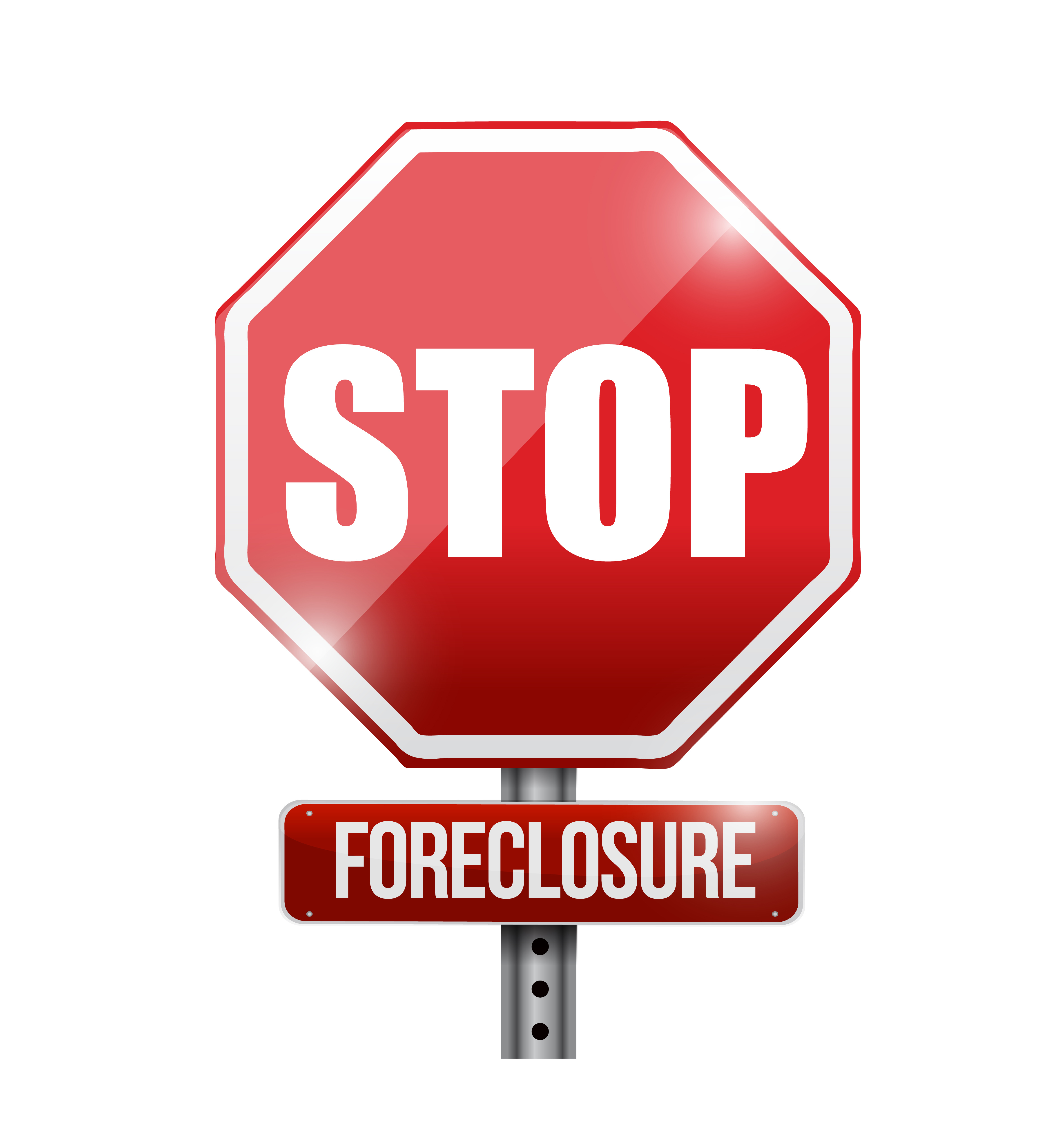Do you have a St. Augustine house in foreclosure? Many St. Augustine residents go through the foreclosure process every year. Foreclosure means the bank is coming to re-possess your property for non-payment of the mortgage. Not only do you lose your home without compensation, foreclosure will destroy your credit. Naturally, you are wondering if you can get out from the burdensome house and sell the property during foreclosure proceedings. The answer is a definitive YES.
Foreclosure is a ticking clock: every day that passes is one day closer to the courts transferring ownership over to the bank. Missed mortgage payments keep adding up. The faster you get out of foreclosure, the better.
Selling Your St. Augustine House In Foreclosure – How It Works
If you ended up on this blog, you probably want to sell fast before the bank forecloses. Lots of homeowners are in a similar situation. Since 2007, there has been record numbers of Florida residents stuck in foreclosure. Since post-housing bubble changes in the economy, the majority of banks have shifted how they handle foreclosures.
Don’t forget: the bank that carries your mortgage doesn’t want to see your home abandoned (as it’s the bank’s collateral on the mortgage). The bank will make more money (the goal of any bank!) if it doesn’t foreclose. The bank saves legal fees, holding costs, and get a big chunk of the money if you can pay off or sell the house prior to foreclosure. However, dealing with banks can be a huge pain. Here are a few tips and tricks to help navigate the process of working with banks while getting out of foreclosure:
Working With Banks During The Foreclosure Process

- Communicate frequently with the bank. Notify the bank of any updates on how you are seeking to get the house sold prior to instituting foreclosure proceedings.
- Stay on top of deadlines.Timely paperwork and meetings are key. If anything will be late, give the bank advanced notice.
- Bankers are people too. Don’t be frantic, but explain your circumstance and prove your desire to fix the payment problem either be selling or finding a way to get even on the payments.
- Keep records of every bank conversation. Talk is cheap: get everything in writing. Write down the name, time, and date, and specifics of all conversations.
- Explore every option. Short sales, loan modifications, bankruptcy. Depending on your personal situation, you may be able halt the foreclosure litigation by requesting a delay to the court. Consider if the bank has any helpful policies in handling foreclosure scenarios.
- Don’t delay.Time is of the essence and not on your side. The more behind you become on payments, the less options are available to you.
Options to Stop Foreclosure
As mentioned, if your St. Augustine house is in foreclosure, explore every option. Here’s a handful you might not have considered.
Foreclosure Workout.
A “workout agreement” occurs when the borrower (homeowner) and lender (bank) mutually agree to renegotiate the loan in default – in an effort to avoid foreclosure. In most cases, a lender would rather compromise to get you even on your mortgage (rather than have it go to public auction). This can include changes in interest, term of the loan, payment schedule, and size of payments.
Selling Subject-to the Mortgage

You can sell a house with a mortgage in St. Augustine to avoid foreclosure. This is often called selling “subject-to” the mortgage.
According to The Balance: “buying subject-to means buying a home subject-to the existing mortgage. It means the seller is not paying off the existing mortgage. Instead, the buyer is taking over the payments.”
The advantage of selling subject-to is that you are no longer responsible for making mortgage payments and can prevent foreclosure.
On top of that, you can often put more cash in your pocket because buyers that take over mortgage payments will pay more since they don’t need to secure financing. You also will get a higher pool of potential buyers – creating a bidding effect. House Heroes buys property subject-to – give us a call at (954) 676-1846 or fill in the simple form for more information.
Filing for Bankruptcy.
Upon filing for bankruptcy, U.S. law prohibits your mortgage lender from on-going collection activity. Since foreclosure is deemed a “collection activity”, once bankruptcy is instituted foreclosure comes to a stand still. Unfortunately, in this method, you are only “stalling” foreclosure. The bank still needs to be paid. You can use the extra time to find a new judgment, borrow from someone to get even.
A good bankruptcy attorney should be able to help with a thoughtful strategy. According to Trey Monsour:

The filing of a bankruptcy petition triggers the automatic stay, which enjoins most collection and enforcement actions by creditors, collection agencies, or governmental agencies against the debtor or property of the debtor. The automatic stay is extremely broad and serves several purposes.
First, the stay provides the debtor with some breathing room, allowing the debtor protection from its creditors and an opportunity to reorganize and rehabilitate itself. At the same time, the automatic stay ensures equality of distribution among creditors by placing all creditors on a level playing field and eliminating the “race to the courthouse” that would otherwise ensue were there not an orderly asset distribution scheme in place. Additionally, the automatic stay assists with preserving going concern value by preventing creditors from slowly picking apart the debtor one asset at a time, thereby reducing the debtor’s enterprise value.
Short Sale.
A short sale for property occurs when the proceeds from the house sale are less than the debts secured by liens against the house. You can use the “short sale” to get out of foreclosure. There are approved short sales (when the bank gives you the price they will accept ahead of time) and unapproved short sales (when you choose a buyer with the highest offer and submit it to the bank for approval). Since the bank likely will be going to sell your house after foreclosure, it may very well accept a short sale offer now rather than go through the entire re-sale process. Of course, the short sale offer does need to be reasonably high to encourage the bank to accept it.
Deed in Lieu.

A deed in lien of foreclosure is “a deed instrument in which a mortgagor (i.e. the borrower) conveys all interest in a real property to the mortgagee (i.e. the lender) to satisfy a loan that is in default and avoid foreclosure proceedings.” In practice, the homeowner in foreclosure signs the property deed to the bank voluntarily (so there’s no need to be foreclosed on). The downside is that this also is a negative credit event.
Frequently, banks will not accept deeds in lieu of foreclosure. There is quite a bit of risk. Lenders insist on the buyer signing written document that this is done voluntarily (buyers sometimes come back to the court and claim the lender pressured them into signing over the deed). There is also complexity if there are second and third liens on the property. Typically, deed in lieu of foreclosure is a last resort for the bank.
Assumption/Lease-Option.
Although most loans are no longer “assumable” (i.e. a third-party can formally take over the loan), you could ask the bank to accept this arrangement as an alternative to foreclosure. The bank will likely want to assess the new buyer’s qualifications – but this can work the best for the bank, homeowner, and person assuming the mortgage.
Lease options are a contract where a homeowner and tenant agree that the renter has the first option to purchase the property at the conclusion of a specified rental period. In essence, the “buyer” becomes your tenant, you can use rental proceeds to pay the monthly mortgage payments. Make sure lease payments are sufficient to cover the entire mortgage payments to ensure foreclosure is avoided.
If you’re looking to decide what to do with a foreclosure home, give us a call ASAP at (954) 676-1846. We can make a fast and fair cash offer sufficient to cover the cost of the outstanding debt. House Heroes also assists in paying attorney fees to stay foreclosure litigation. In some situations, we even can make payments to even out the mortgage and then partner with you on the re-sale. See what other homeowners have said about working with us.
We specialize in helping homeowners solve troublesome home sale problems, including foreclosure and late mortgage payments. You can stop foreclosure. Sometimes, we can help negotiate with the bank to reduce the outstanding amount, or help you walk away from your property with cash.
If you need to sell a property near St. Augustine, we guarantee a fast and fair cash offer in under 24-hours.


Get A Fair Cash Offer. Call Us (954) 676-1846 or visit our Get A Fair Cash Offer page to find out how much we can pay you!

Our Team. Learn about our values and history. Meet the House Heroes Team – Lucas, Nick, Earl, Danielle, and Meghan!

How It Works. We buy houses in three-steps. Fast, cash, as-is, no realtor fees, fair prices. Learn how we do it!

Testimonials and Reviews. Honesty, integrity, and trust. Check out our video testimonials and social media reviews.

Case Studies. We buy houses in any condition. Watch the inside videos of our purchases – not for the faint of heart!

Frequently Asked Questions. Got some questions about House Heroes? Get all the answers over on our FAQ page.

